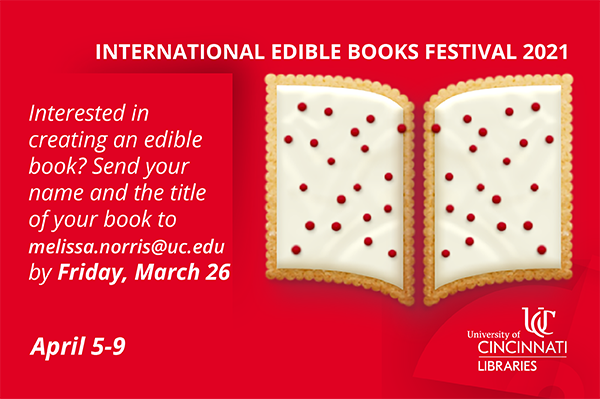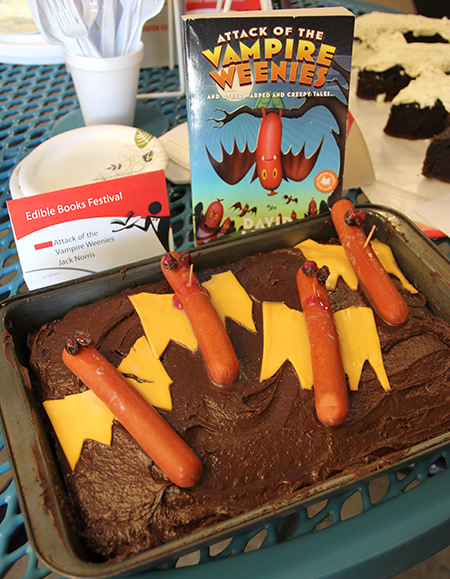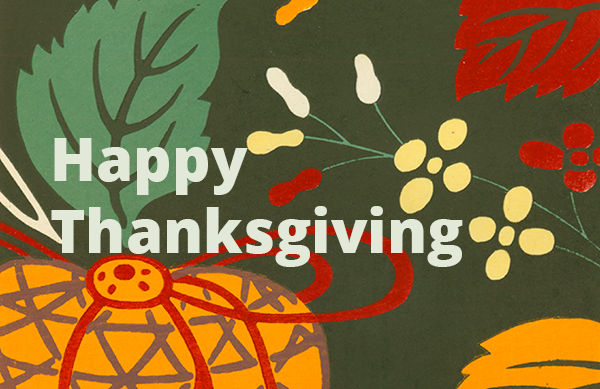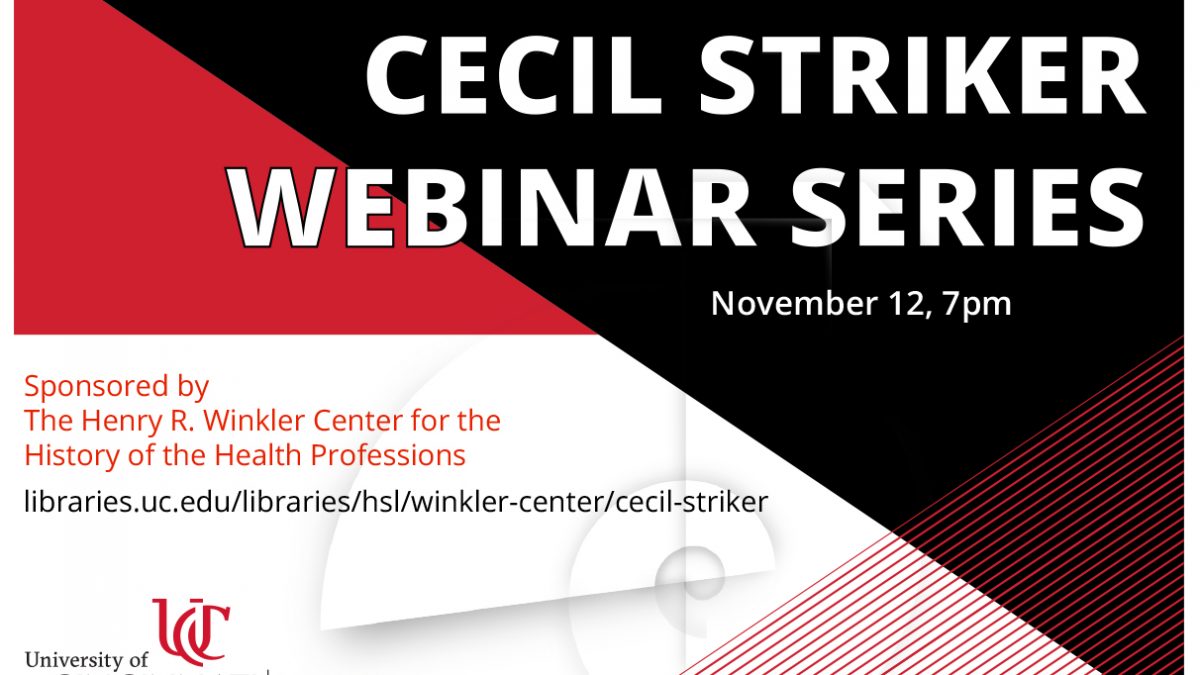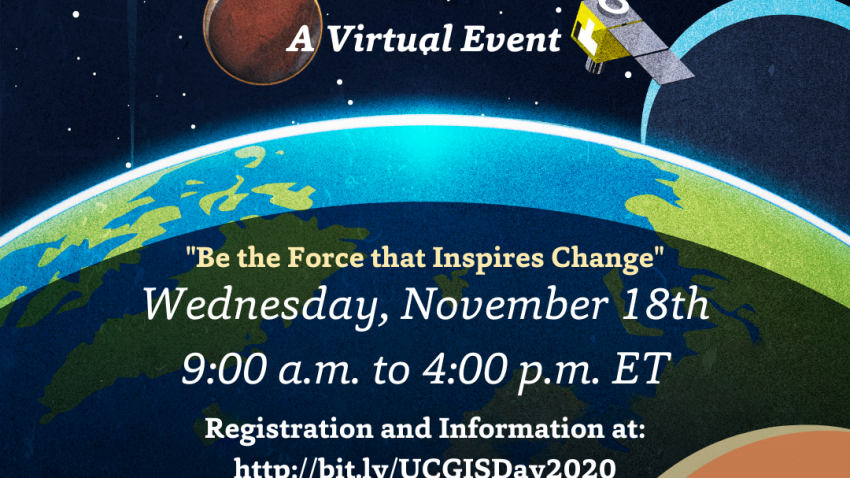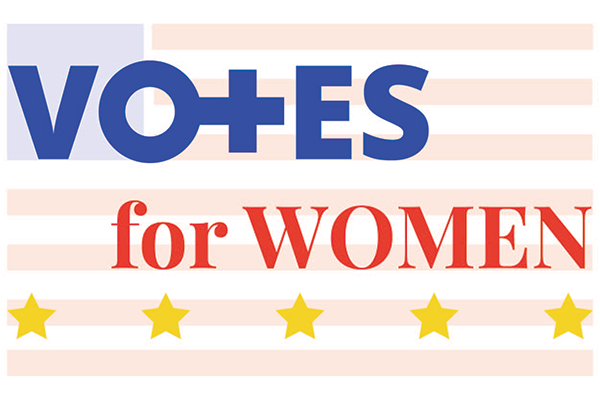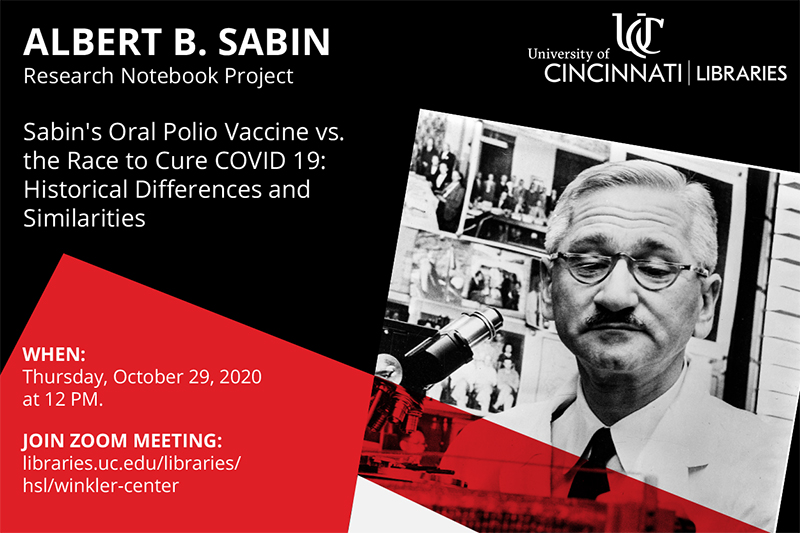Celebrate books good enough to eat at the International Edible Books Festival to be held online April 5-9.
 At the event, over 30 participants will present their edible creations that represent a book in some form. There are few restrictions in creating an edible book – namely that the creation be edible and have something to do with a book. Submitted entries include such edible titles as “Coffee,” “LuLu’s Giraffe Bakery,” “Charlie and the Chocolate Factory” and “Donut Feed the Squirrels.” Best sellers “Lord of the Rings,” “The Handmaid’s Tale,” “Catch-22” and “The Picture of Dorian Gray” are represented along with children’s books like “Super Fudge,” “Hair Love,” “Rainbow Fish,” “Little Blue Truck Leads the Way” and “Madeline,” among other literary greats.
At the event, over 30 participants will present their edible creations that represent a book in some form. There are few restrictions in creating an edible book – namely that the creation be edible and have something to do with a book. Submitted entries include such edible titles as “Coffee,” “LuLu’s Giraffe Bakery,” “Charlie and the Chocolate Factory” and “Donut Feed the Squirrels.” Best sellers “Lord of the Rings,” “The Handmaid’s Tale,” “Catch-22” and “The Picture of Dorian Gray” are represented along with children’s books like “Super Fudge,” “Hair Love,” “Rainbow Fish,” “Little Blue Truck Leads the Way” and “Madeline,” among other literary greats.
Rather than gathering at a designated time and place, this year’s Edible Books Festival will take place the week of April 5-9. Each day, a few edible book entries will be showcased on the Libraries Facebook page, Twitter and Instagram feeds. As in previous years, entries will be judged according to such categories as “Most Delicious,” “Most Creative,” “Most Checked Out.” At the end of the week, the entries that receive the most likes will be crowned “Top Student Entry” and “Best Overall Entry.”
According to the International Edible Book Festival website, the edible book was initiated by librarian and artist Judith A. Hoffberg during a 1999 Thanksgiving celebration with book artists. It became an international celebration in 2000 when artist Béatrice Coron launched the Books2Eat website. Traditionally, the event is celebrated on April 1st (April Fools’ Day) to mark the birthday of Jean Anthelme Brillat-Savarin (1755-1826), a French lawyer and politician who became famous for his book, Physiologie du gout (The Physiology of Taste).

